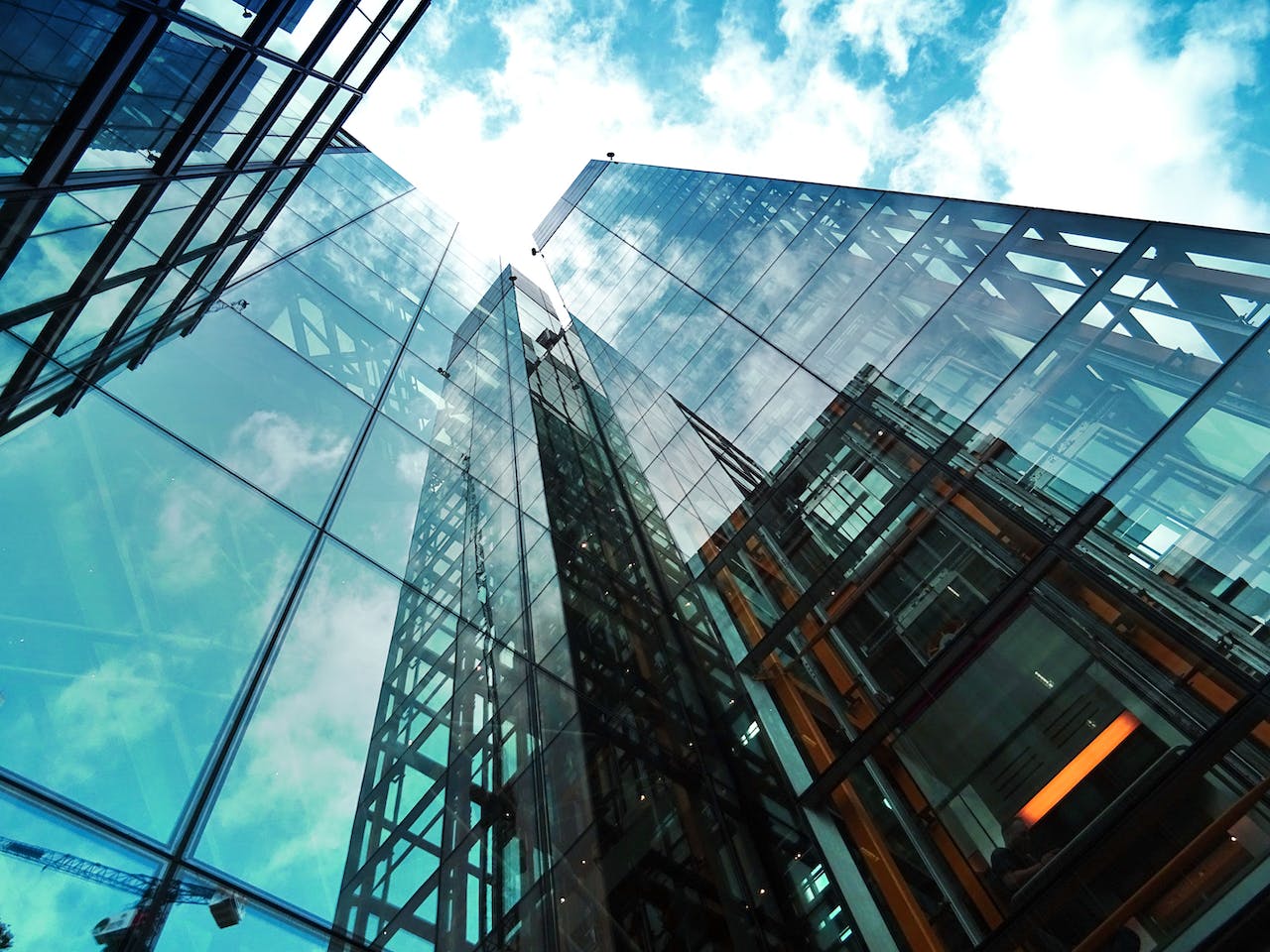Comments
- No comments found

As the workplace keeps evolving, there’s a pressing need to engage in meaningful conversations that not only inform but also steer actionable strategies.
In the recent episode of #CXOSpice, I explored the evolving landscape of work, the rise of AI and cyberattacks, and the challenges and opportunities that lie ahead. I had the pleasure of discussing these trends with Sarah Burkhart, a seasoned professional with nearly 13 years at Dell, spearheading product innovation in software and experiences for client devices.
The aftermath of the pandemic has seen a surge in occupational shifts, with over 8.6 million Americans venturing into new roles. The looming specter of automation projected that by 2030, up to 30% of current working hours could be handled by our silicon counterparts. The job landscape appears to favor STEM, creative, and legal professions, driven not only by technological advances but also by shifts in climate demographics and the relentless march of e-commerce.
Sara shared her journey at Dell, focusing on the intersection of hardware and software. Her team, responsible for software and experiences for client devices, handles everything from audio quality to sustainability and security. With a broad scope, Sara's insights set the stage for a discussion on the sophisticated techniques and modern threats in today's cybersecurity landscape.
The conversation turned to the challenges posed by malicious actors and the use of AI in making their code more elusive. Sara emphasized the role of AI in phishing attacks, reducing warning signals and making threats more pervasive. The need for a zero-trust environment and continuous employee training emerged as critical strategies to combat evolving cybersecurity threats.
Sara shed light on how customer demands and security priorities have evolved. The increasing focus on security has led to dedicated groups within organizations, but the coordination between these groups can sometimes impact end-user experience. Dell aims to facilitate these conversations and ensure a balance between security and device performance.
The discussion then delved into the realm of generative AI and machine learning. Sara highlighted the benefits of machine learning in identifying vulnerabilities through penetration testing and Dell's efforts to inform security administrators about potential threats. The role of machine learning in identifying and remedying vulnerabilities faster was a key point of focus.
As the future of work continues to evolve, Sara outlined Dell's approach to staying prepared. The company's focus on partnerships, intelligent devices, security, and end-to-end solutions positions them to address the evolving needs of customers. Sara emphasized the importance of understanding customer plans for AI deployment and how Dell is leveraging AI in its own operations.
Sara provided insights into the delicate balance between leveraging AI in the workforce and addressing privacy and ethical concerns. She stressed the importance of intentionality, understanding current challenges, and assigning authority to lead sustainability and security initiatives. Collaboration with partners and utilizing available resources were highlighted as key strategies for success.
The conversation concluded with guidance for companies seeking to build a more resilient future. Sara underscored the importance of a zero-trust architecture in the dynamic field of cybersecurity. With breaches inevitable, containing and remediating them swiftly is crucial, and a zero-trust architecture plays a pivotal role in achieving this.
Looking ahead, Sara expressed her excitement about the impact of AI on workflows. She shared a personal experience of using AI to enhance productivity during team town halls, showcasing how AI can support memory and task management, allowing individuals to focus on relationships and priorities.
In wrapping up this enriching conversation with Sara, it's evident that the future of work is intricately tied to the thoughtful integration of AI, security, and sustainability. As we navigate the dynamic landscape ahead, let's remain vigilant in our pursuit of innovation, always mindful of the delicate balance between progress and ethical considerations.
I encourage you to watch the full interview on YouTube, diving deeper into the nuanced discussions around AI, cybersecurity, and the evolving workplace. Your thoughts and feedback are valuable, so feel free to share your insights in the comments section.
Here's to securing a future of work that is not only technologically advanced but also resilient, sustainable, and deeply human.
Helen Yu is a Global Top 20 thought leader in 10 categories, including digital transformation, artificial intelligence, cloud computing, cybersecurity, internet of things and marketing. She is a Board Director, Fortune 500 Advisor, WSJ Best Selling & Award Winning Author, Keynote Speaker, Top 50 Women in Tech and IBM Top 10 Global Thought Leader in Digital Transformation. She is also the Founder & CEO of Tigon Advisory, a CXO-as-a-Service growth accelerator, which multiplies growth opportunities from startups to large enterprises. Helen collaborated with prestigious organizations including Intel, VMware, Salesforce, Cisco, Qualcomm, AT&T, IBM, Microsoft and Vodafone. She is also the author of Ascend Your Start-Up.
Leave your comments
Post comment as a guest